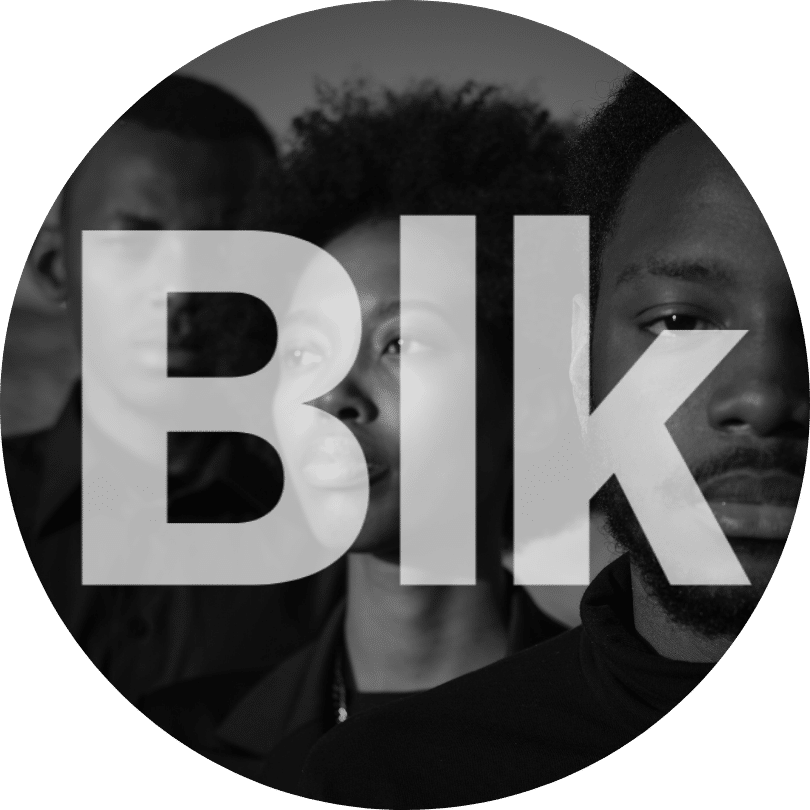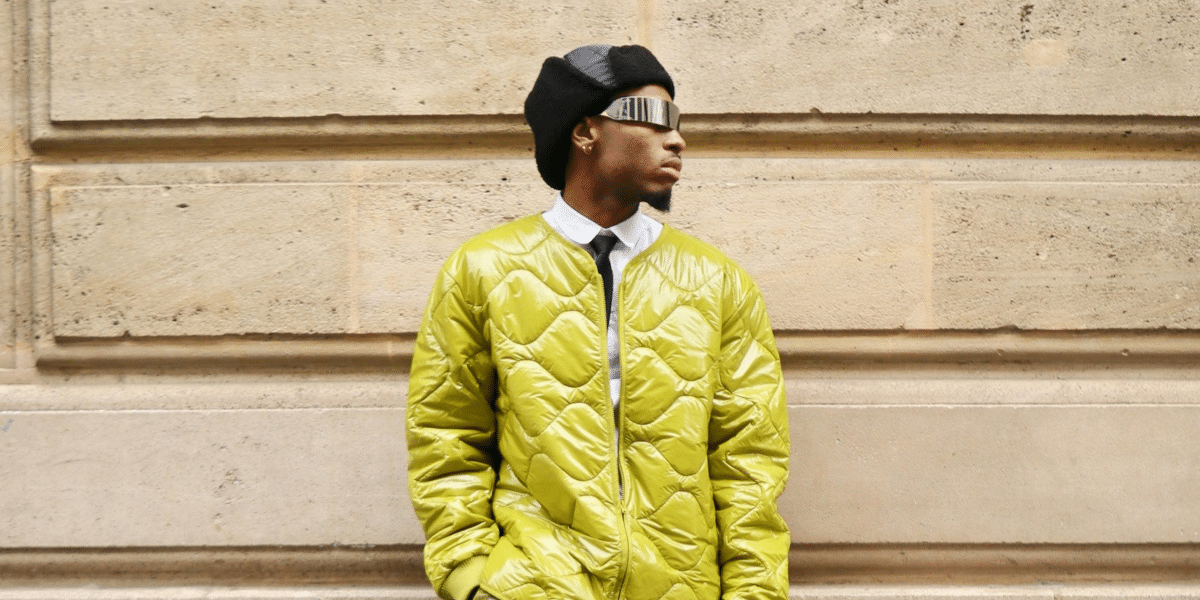Costume design plays a vital role in filmmaking, helping to define characters, establish mood, and immerse audiences in the world of a film. Historically, however, Black costume designers have often faced challenges in gaining recognition for their contributions to the film industry. Despite this, their work has significantly influenced not only the films themselves but also the broader fashion world. This article explores the history, achievements, challenges, and cultural impact of Black costume designers in film, highlighting their ongoing legacy and contributions.
Historical Contributions of Black Costume Designers
Breaking Barriers in the Early Years
The journey of Black costume designers in Hollywood began in an era of limited opportunities and representation. In the early days of cinema, few Black artists were given the chance to work in Hollywood’s upper echelons. However, there were notable figures who made their mark, often working behind the scenes to create designs that showcased Black culture with authenticity and beauty.
One of the earliest pioneers was Ann Lowe, a Black fashion designer who made a name for herself by creating the wedding dress for Jacqueline Kennedy. Although Lowe worked primarily in fashion rather than film, her impact on design and the representation of Black culture in fashion influenced costume design in film. Throughout history, Black costume designers have had to navigate a system that often overlooked or marginalized their work. Yet, their persistence and talent have paved the way for contemporary designers in the industry.
Contemporary Achievements
Award-Winning Designers
One of the most significant achievements in the recent history of Black costume designers is the recognition of Ruth E. Carter, who made history as the first African American costume designer to win an Academy Award for her work on Black Panther (2018). Carter’s work on Black Panther not only redefined superhero costuming but also showcased the power of costumes as a reflection of culture. Her designs drew inspiration from African history, symbolizing power, identity, and heritage in ways that resonated deeply with audiences worldwide.
Other notable Black designers have similarly been recognized for their talent and contributions. Designers like Shiona Turini have gained attention for their work on TV shows like Insecure and films like Queen & Slim. Turini’s innovative approach to costume design blends contemporary trends with cultural references, helping to shape the visual identity of Black characters in ways that are fresh, relevant, and powerful.
Notable Projects
In addition to Black Panther, many films and TV series have benefited from the expertise of Black costume designers. Ruth E. Carter’s work on Malcolm X (1992) and Amistad (1997) helped to bring historical figures to life, combining historical accuracy with artistic expression. Similarly, Paul Tazewell, another acclaimed Black designer, has garnered praise for his costumes in the Broadway hit Hamilton and in the upcoming Wicked film adaptation. These projects showcase the ability of Black designers to create powerful narratives through fashion that extends beyond the screen.
Challenges Faced by Black Costume Designers
Systemic Barriers
While Black costume designers have made significant strides, they have also faced immense challenges within an industry that has historically excluded people of color from leadership positions. These barriers include limited opportunities, underrepresentation in key creative roles, and difficulties in accessing the resources necessary to fully express their design vision. The film industry’s lack of diversity, particularly behind the scenes, has often made it difficult for Black costume designers to gain recognition and advance in their careers.
Advocacy for Change
In recent years, however, there has been growing advocacy for more inclusivity and diversity in Hollywood. Black costume designers and industry leaders are using their platforms to push for better representation and more opportunities. The success of Black designers in mainstream films and television has been instrumental in pushing the conversation forward, and many are now calling for greater efforts to diversify not only the talent on screen but also those who are responsible for the design, direction, and production of the content.
Cultural Significance of Black Costume Designers
Representation in Costume Design
Black costume designers play an essential role in bringing authentic Black experiences to the screen. Their designs contribute to the broader cultural conversation by allowing for more nuanced portrayals of Black people in media. Whether designing costumes for historical figures, contemporary characters, or futuristic visions, these designers help tell stories that reflect Black history, identity, and culture.
In addition, costume designers like Ruth E. Carter and Shiona Turini have emphasized the importance of cultural specificity in their designs. Carter’s use of African-inspired patterns in Black Panther not only honored the rich traditions of African cultures but also introduced audiences to new perspectives on Black excellence, strength, and pride. This cultural emphasis is an essential part of Black costume design’s influence on film, helping to reshape the way the world perceives Black stories.
Influence on Fashion
The work of Black costume designers often extends beyond the realm of cinema into the fashion world. Through their innovative approaches to design, these professionals inspire trends that resonate with audiences and influencers alike. Ruth E. Carter’s work on Black Panther was not just a milestone for the film industry but also for fashion, with her designs sparking a broader cultural movement that embraced African-inspired aesthetics. Similarly, Shiona Turini’s bold, stylish work on Insecure has influenced fashion brands, making waves in both the entertainment and fashion industries.
Education and Mentorship
Training and Development
As the demand for diverse voices in costume design grows, educational pathways for aspiring Black costume designers have become increasingly important. Many institutions are now offering specialized programs that provide aspiring designers with the skills and experience needed to succeed in the film industry. These programs focus on a range of topics, including historical costume design, fabric knowledge, and the technical aspects of costume construction.
Mentorship
In addition to formal education, mentorship plays a crucial role in nurturing the next generation of Black costume designers. Many established designers are mentoring young talent, providing guidance on career paths, and helping to open doors that were previously closed. Mentorship helps emerging designers understand the nuances of working within the film industry, and it allows them to navigate the unique challenges faced by people of color in this space.
The Future of Black Costume Designers in Film
Emerging Designers
The future of Black costume designers in film is bright, with many up-and-coming talents making their mark. Emerging designers are taking innovative approaches to their craft, creating looks that challenge traditional norms and push the boundaries of design. As the demand for diverse voices grows, the industry is becoming more receptive to new perspectives, allowing for more Black designers to showcase their work.
Continued Advocacy for Inclusion
As the conversation about diversity in film continues, Black costume designers are at the forefront of advocating for more inclusion. They are not only designing costumes but also using their platforms to bring attention to the need for equitable opportunities within the industry. The work of Black designers is vital to reshaping the narratives told in Hollywood, ensuring that the contributions of Black artists are recognized and celebrated.
The presence of Black costume designers in film is a testament to the resilience, talent, and innovation of these professionals. From Ruth E. Carter’s Oscar-winning designs to Shiona Turini’s trailblazing work in television, Black designers have continually shaped the visual landscape of cinema. While challenges remain, the increasing recognition and success of Black costume designers highlight the transformative power of diversity in the film industry. As we look to the future, the contributions of these designers will continue to influence fashion, culture, and storytelling in powerful and meaningful ways.







